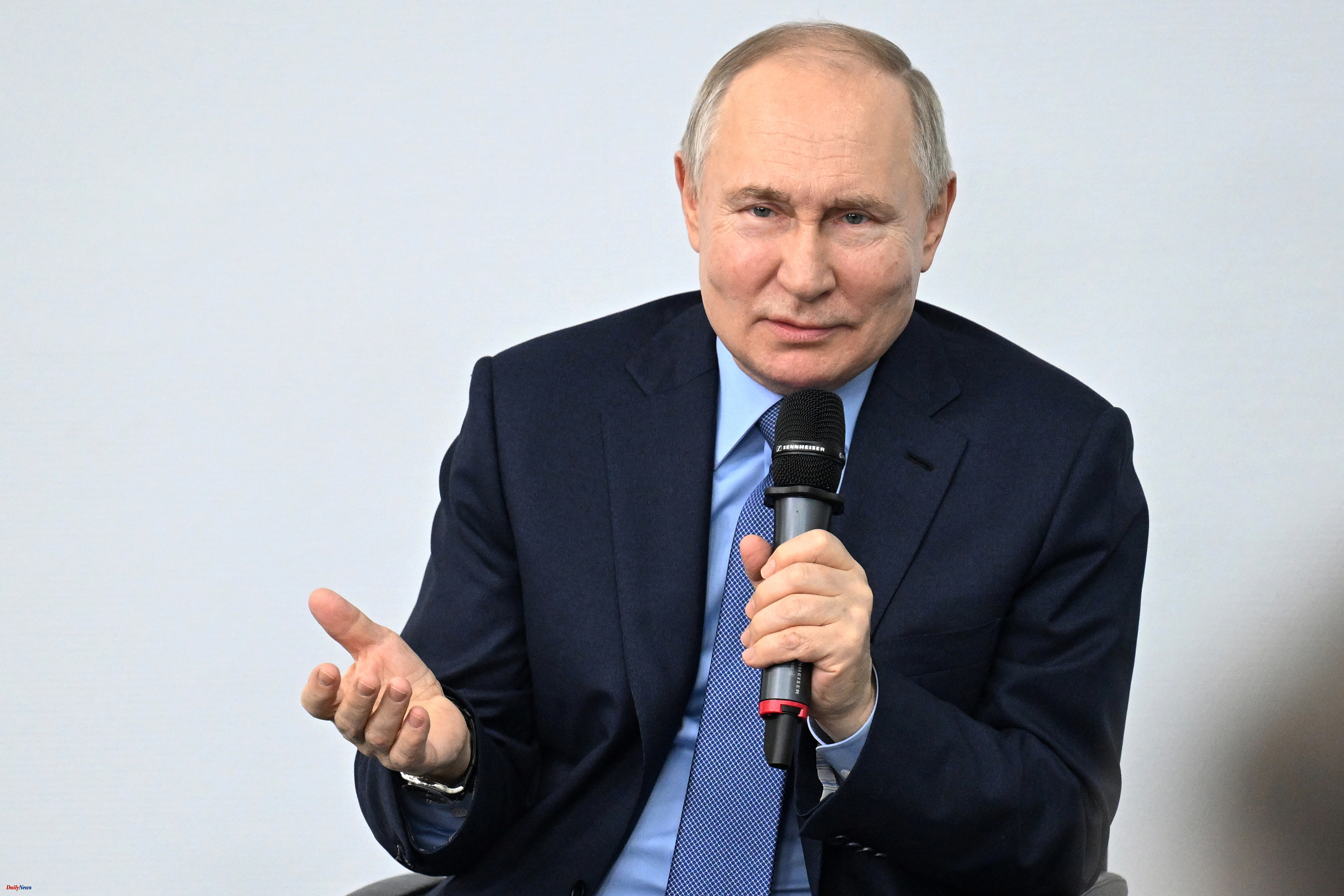Russia's Justice Ministry has designated one of the country's most popular fiction writers as a "foreign agent" for his opposition to the war in Ukraine.
The historical detective stories of Boris Akunin, the pseudonym of Georgian Grigori Chjartishvili, used to be bestsellers in Russia before the authorities turned against him for what they considered unacceptable anti-Russian views.
The Justice Ministry cited Chjartishvili's opposition to what Moscow calls its "special military operation" in Ukraine and accused him of distributing false and negative information about Russia and helping to raise funds for the Ukrainian military. The author, 67, lives in Great Britain.
The designation "foreign agent" carries a negative Soviet-era connotation and forces individuals to identify themselves as such on social media and in other publications, as well as exposing them to onerous financial reporting requirements.
Other writers and cultural figures who have angered the authorities by speaking out against the war in Ukraine have received the same designation.
Books by Boris Akunin - best known for his Tsarist-era fictional detective Erast Fandorin - have already been withdrawn from sale in Russia after authorities included him on a list of people they accuse of involvement in terrorism. or extremism.
Chjartishvili, who has made no secret of his opposition to Russia's war in Ukraine, mocked his designation as a foreign agent in a social media post.
"Today they write that they have declared me a foreign agent. Me, a terrorist and extremist? I feel like Bin Laden who has been fined for parking illegally," he says.












